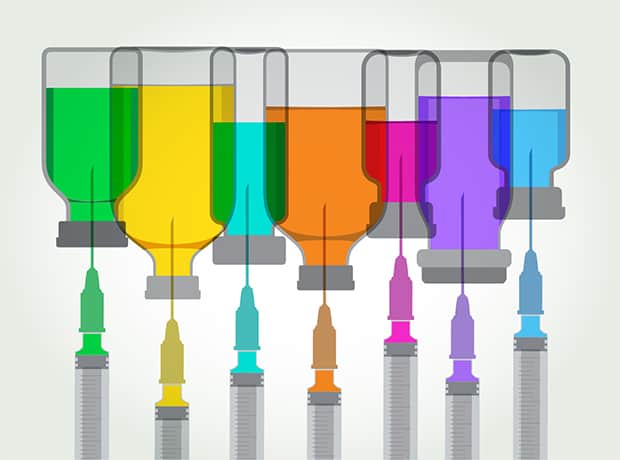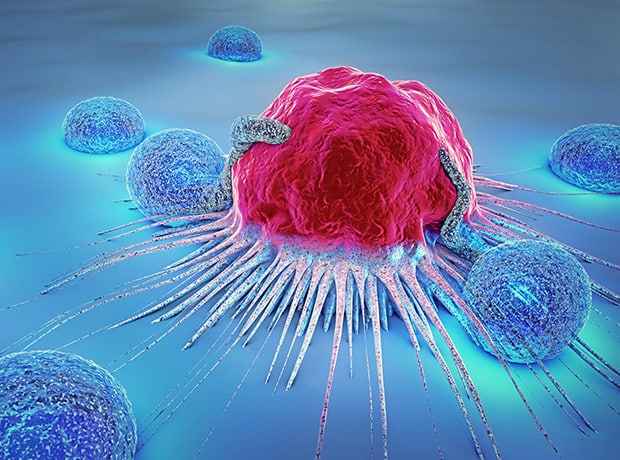According to WHO, cardiovascular diseases are responsible for 17.9 million annual deaths
Researchers from Innsbruck Medical University, Austria, have developed a new treatment that could regenerate the heart tissue of patients following bypass surgery.
Published in the European Heart Journal, the study was funded by the VASCage Research Centre on Vascular Ageing and Stroke, along with grants from Heart Regeneration Technologies GmBH and the US National Heart, Lung and Blood Institute.
According to the World Health Organization, heart disease and other cardiovascular complications are responsible for 17.9 million deaths every year.
Current drugs and treatments help to manage the disease and reduce the chances of a heart attack. In more severe cases, surgeons will perform a heart bypass, putting healthy blood vessels from the chest, leg or arm into the area of the heart above and below the blocked artery.
Taking only ten minutes to complete, the new procedure works to stimulate the growth of new vessels around the area that is damaged or scarred after a heart attack.
Shockwave therapy is already being used to treat other conditions, including injured tendons and ligaments and erectile dysfunction, as well as to break up kidney stones in lithotripsy.
In the study, around half of the 63 bypass patients in Austria were treated with soundwaves under general anaesthesia.
Results showed a year after their surgery that the amount of oxygenated blood pumped by the heart had increased by 11.3% in the shockwave group, compared to 6.3% in the control group.
In addition, patients in the shockwave group could walk further without resting and reported a better quality of life.
Professor Johannes Holfeld, Innsbruck Medical University, commented: “For the first time, we are seeing the heart muscle regenerate in a clinical setting, which could help millions of people.”
Researchers intend to investigate the ‘space hairdryer’ technique in larger trials to investigate its long-term effects.
Furthermore, the team expects European regulators to approve the device later this year, with the first use on patients outside clinical trials anticipated for 2025.





